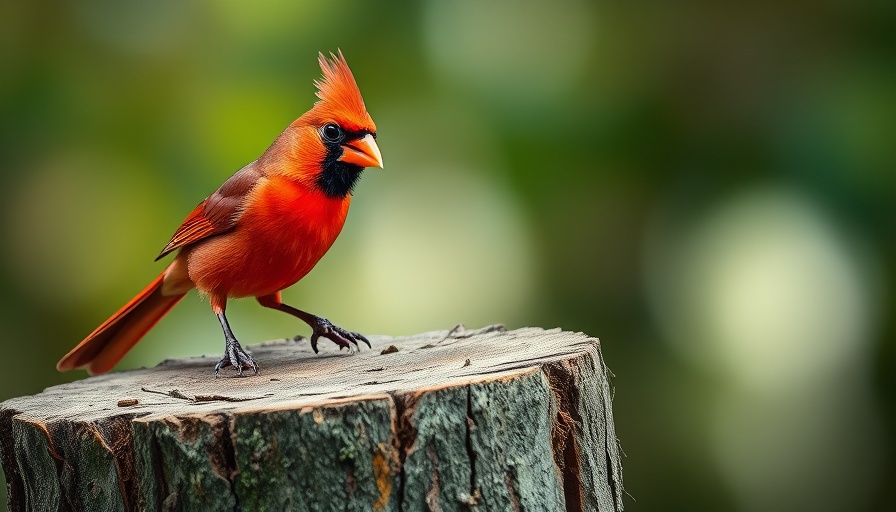
How Long Can Birds Go Without Food?
Understanding the survival strategies of birds is crucial, especially in times of environmental distress, such as harsh winters or sudden weather changes. On average, birds can last between one to three days without food, but their health deteriorates rapidly during that period. This is particularly true for small species like hummingbirds, which are highly metabolic and may only survive 3 to 5 hours without energy replenishment.
The Impact of Metabolism on Bird Survival
Birds possess incredibly swift metabolic systems. Unlike mammals who can store fat, birds tend to rely on their immediate energy supplies, making their survival highly dependent on consistent food sources. Without adequate nutrition, birds cannot sustain basic functions like flying or thermoregulation, especially as their energy demands spike in cold weather.
The Critical Role of Water for Bird Life
Equally vital to a bird’s survival is access to fresh water. Generally, most birds can only survive one to two days without hydration. In warmer temperatures, this need for water becomes even more urgent. Dehydration can lead to severe health issues, further emphasizing the importance of maintaining a balanced ecosystem for bird populations.
How Baby Birds Cope with Food Scarcity
For baby birds, the stakes are even higher. Newly hatched chicks rely heavily on regular feeding from their parents. A lack of food can quickly lead to starvation. Generally, baby birds have a very limited period—commonly up to 24 hours—where they can go without sustenance before their health declines dangerously.
Adapting to Scarcity: Survival Strategies Employed by Birds
Birds show remarkable resilience and adaptability in the face of food shortages. If a familiar food source becomes unavailable, they instinctively expand their foraging ranges or alter their diets. The adaptability showcased by birds, such as urban species like the Carib Grackle that scavenges in restaurants, illustrates their ability to change behaviors based on environmental challenges.
The Shared Responsibility: How Humans Can Help
To support avian survival, especially during tough seasons, bird enthusiasts can take steps to ensure that local birds have access to food and water. This includes correctly managing feeders during the winter months and planting native species that provide food and shelter year-round.
Understanding the complexities of bird survival in the wild is not just fascinating but essential. By taking appropriate actions, we can help ensure that these beautiful creatures navigate the challenges before them effectively.
 Add Row
Add Row  Add
Add 




 Add Row
Add Row  Add
Add 

Write A Comment